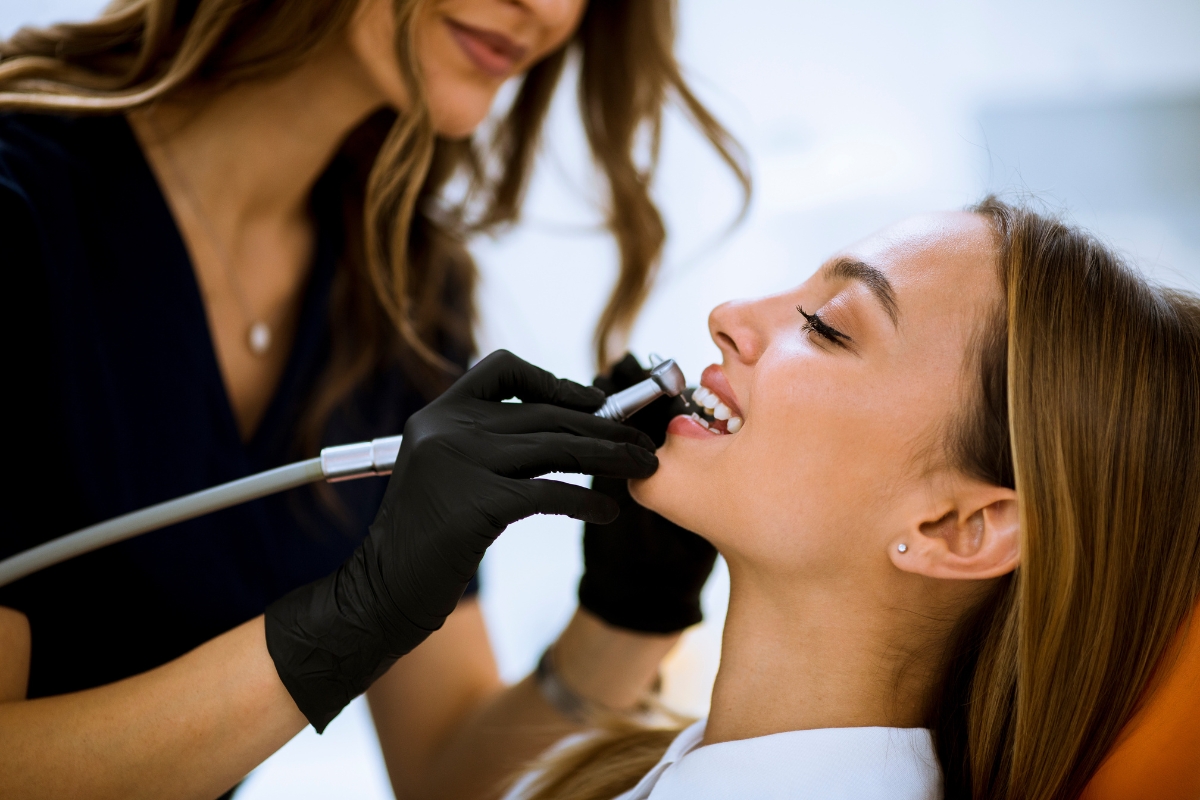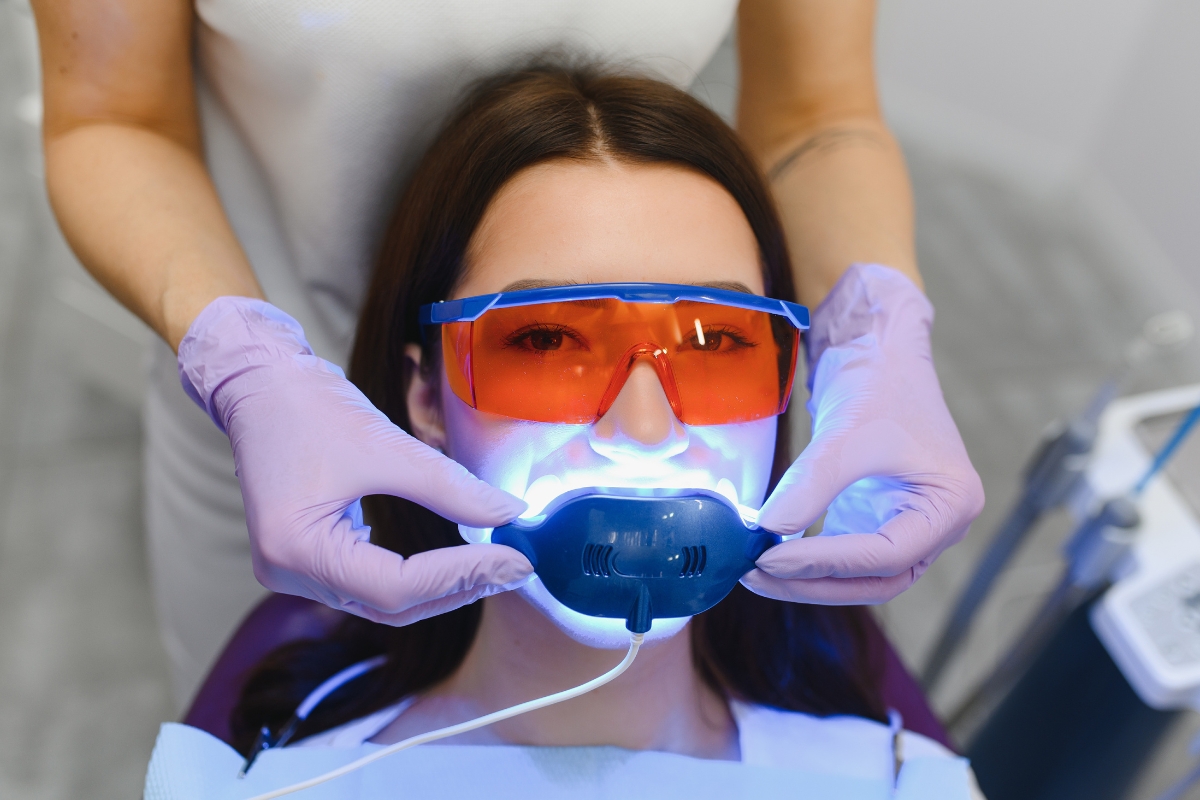4620 East Douglas, Suite 100 Wichita, KS 67208

Cold mornings awaken sudden toothaches with an acute, alarming feeling. Discomfort catches most people off guard, even those wearing healthy smiles. Sensitivity tends to strike unexpectedly, leave one stressed, and confuse routines in daily life. Toothaches in cold weather are not random. They warn patients about underlying dental problems.
Awareness right away can prevent damage and protect long-term oral health. Early treatment usually relieves discomfort and preserves tooth strength. Dr. Pauly explains how and why this condition happens and the treatment that brings ease.
Why Do Teeth Hurt in Cold Weather?
Cold stimulates nerves within teeth, which induce stinging pain. Bared dentin increases this sensitivity tremendously. Worn enamel opens up sensitive layers, and cold becomes unbearable for the majority of people. Receding gums leave roots open to outside temperature changes. Harsh brushing in daily routines worsens wear on enamel and gum exposure.
Slowly, these alterations increase tooth sensitivity and pain. Inducing the causes prevents the situation from escalating further. Regular care keeps your smile healthy in cold environments.
Could It Be Tooth Sensitivity or Something More?
Not every cold-weather toothache is just sensitivity. Cavities can cause recurring stinging pain upon exposure to cold. Cracked teeth react erratically upon air or liquid contact with nerves. Gum disease also exposes roots and nerves and cause extreme reactions. Worn fillings expose spaces with no barrier, and cold penetrates deeper layers.
Recognizing differences helps from overlooking serious issues. Recurring pain requires professional care from a trusted dentist in Wichita. Early visits tend to bypass larger procedures and long-term damage.
How Does Cold Air Compare to Cold Drinks on Your Teeth
Cold air flows directly against teeth during breathing and creates sudden, sharp sensations. Drinks, however, touch teeth longer and produce lingering pain. Both reactions occur because nerves sense temperature changes.
Enamel weakness immensely increases discomfort regardless of whether the cold comes from the air or beverages. Nerve irritation develops faster when enamel or gums no longer protect teeth. Repeated exposure worsens sensitivity over time and often disrupts daily comfort. Cold pain should never be ignored. It signals deeper dental concerns.
When Should You See a Dentist for Cold Tooth Pain?
Dental pain for longer than a second should be treated. One-sided pain may be a sign of infection or trauma. Gums or jaw swelling is a sign of serious dental issues. Early discovery ensures treatment before it gets worse. Early treatment significantly avoids unnecessary treatment and a return to well-being sooner.
If you ignore symptoms, it typically leads to expensive fixes later. A professional dentist can establish if sensitivity or decay causes pain. Careful visits when pain persists preserve your smile and avoid further progression of dental damage.
Dr. Pauly’s Tips for Relief from Cold Tooth Sensitivity
You must use desensitizing toothpaste every day, recommends Dr. Pauly. This type of toothpaste does not allow nerves to transmit pain impulses. Avoid hard-bristled toothbrushes that scratch enamel and make teeth more sensitive. You have to brush softly to protect gums and enamel layers.
Grind teeth often enough to cause sensitivity. Therefore, you can use a mouthguard if needed. Mouthguards avoid damage and nerve exposure.
Regular visits to the dentist effectively ensure early identification of dental issues. Fluoride therapy or bonding can be administered by dentists to restore weak areas. The procedures eliminate pain and restore permanent comfort.
Good habits and professional attention, which involve cold sensitivity control, maintain the patient comfortable in cold temperatures. Cold sensitivity is controlled via regular habits and preventive therapy.
Cold sensitivity can be cured when treated promptly. Timely treatment prevents worsening and maintains your smile.
Don’t ignore chronic cold pain. Relief typically requires professional evaluation and tailored therapy. Schedule your appointment with Dr. Pauly today to find lasting comfort and protection.


